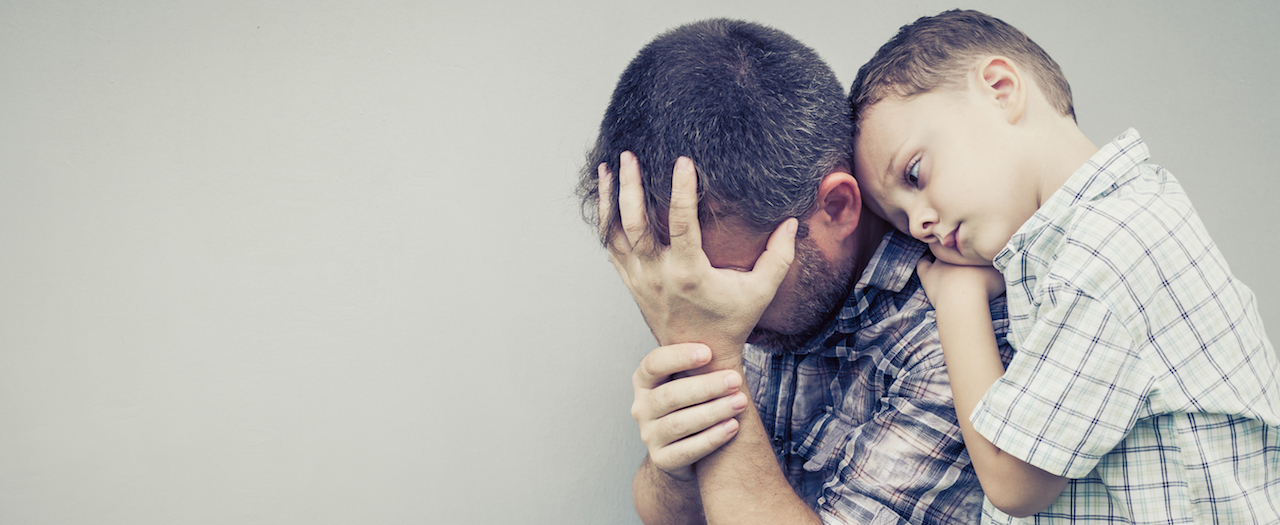University can be a challenging time. Your high school chapter has ended, and you’re out in the big bad world. You have to learn to be independent, navigate new rules, and fend for yourself.
Overwhelming much? A friend who’s in the same boat as you will help in making your experience smoother, more fun, and you may just end up with a friend for life.
Good friends, good life
A bustling social life is as healthy for you as avoiding cigarettes. Yes really, says a study in the journal, PloS Medicine.
Being a first year in university comes with immense pressure. You will be faced with awesome freedom and have to navigate through it while trying to make the right choices. You will have to balance your academics, social and personal life, all while remembering why you enrolled for a degree in the first place! Too much of anything will cause an imbalance for the overall experience of university. Having to overcome a language barrier may also be a part of the pressure you face.
Building friendships on campus can enhance your university experience, and keep you happy and healthy. Strong social support can help you cope and overcome stress.
According to Tasha R. Howe at Humboldt State University, people with social support have fewer cardiovascular and immune problems. Good friends can boost your self-esteem and keep you motivated in times of doubt. Social connections can make you feel more relaxed and at peace.
With an increased morbidity and mortality rate in medical illness due to social isolation and low levels of support, a good support structure of friends in university may help reduce anxiety, stress and depression.
Reach out
It is daunting to make friends, especially if you’re an introvert by nature, come from a small family, or tend to isolate yourself, but just think of the long-term benefits!
- Don’t let shyness hold you back. Never underestimate the power of a smile. Smiling is an open invitation to start a conversation. Remember, the person next to you is probably just as shy. Be open to conversations and engage. Start by asking someone a casual question, and then take it from there.
- It’s okay to be vulnerable. University is a time of learning and new experiences for everyone. When you’re stressed about an assignment or task, chances are, others are too. Reach out to peers to band together to study. It’s a surefire way of gaining ground with new acquaintances.
- You’re not going to meet your new BFF in your dorm room. Get up, get out. Make use of all the social activities on campus. Now more than ever, you have the opportunity to meet people who enjoy the same things you do and have the same hobbies, goals and ambitions.
- Think ahead. A study published this year in Psychology and Aging Journal found that people in their 50s (now) linked their core friendships back to when they were in their early 20s and 30s. It said that that those students who maintained their friendships over 30 years or more had better “psychological outcomes,” than their counterparts. In other words, they were less depressed, lonely and generally more positive well into their 50s.
Surely that’s worth making a friend or two?
References
- http://www.deakin.edu.au/students/health-and-wellbeing/counselling/topics-to-explore/healthy-relationships/meeting-people-and-making-friends
- https://www.collegefashion.net/college-life/3-ways-to-combat-loneliness-in-college/
- https://www.topuniversities.com/blog/top-7-tips-new-students
- http://college.usatoday.com/2015/10/29/college-student-stress/
- http://www.cw.ua.edu/article/2015/09/why-cant-we-be-friends
- https://www.ncbi.nlm.nih.gov/pmc/articles/PMC2921311/









